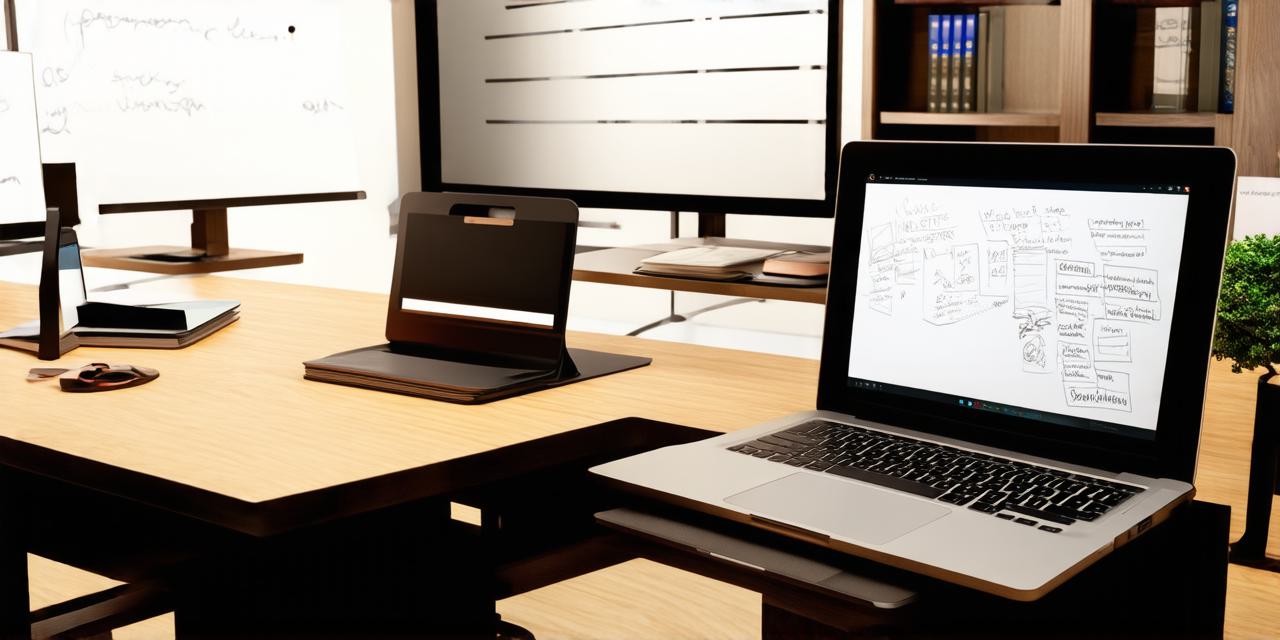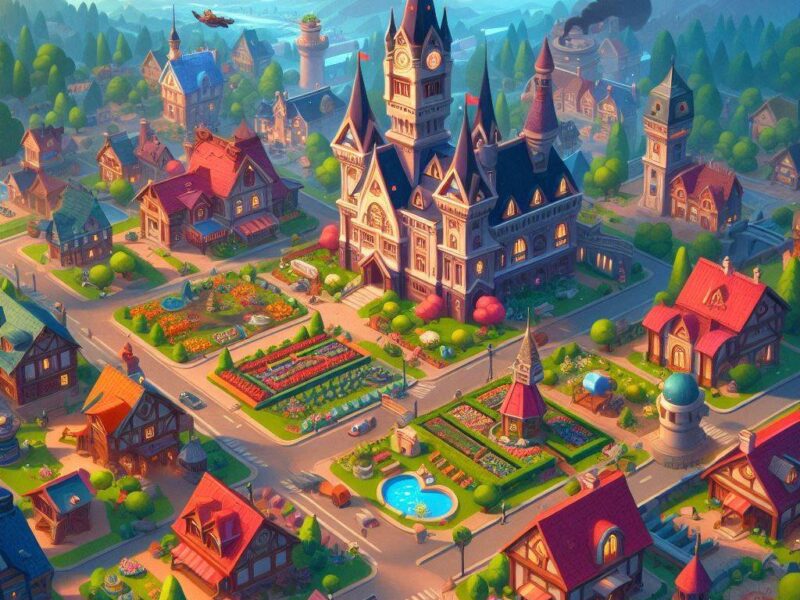Understanding Your Needs
Before embarking on your quest for the perfect web designer, it’s essential to know what you want. Identify your project’s goals, target audience, and unique requirements. This understanding will help you find a designer who specializes in your niche and can cater to your specific needs effectively.
Researching Potential Candidates
Start by researching potential candidates thoroughly. Look at their portfolios, read client testimonials, and check reviews. Case studies can provide valuable insights into a designer’s work process and the results they deliver. A well-designed website with impressive visuals might catch your eye initially, but it’s essential to delve deeper to ensure that the designer’s skills align with your project requirements.
Experience Matters
Experience is a significant factor when choosing a web designer. A seasoned professional will have the skills and knowledge to create a website that not only looks great but also functions efficiently. They can navigate industry-specific challenges, ensuring your site is optimized for search engines and user-friendly.
Communication is Key
Good communication is vital in any professional relationship. Ensure your potential designer is responsive, easy to work with, and understands your vision for the project. Regular meetings or updates can help maintain a smooth workflow, while project management tools facilitate seamless collaboration.
Expert Opinion
According to a study by Forbes, 90% of people say that user experience (UX) is crucial to their decision to use a website or app. A good web designer will prioritize UX, ensuring your site is user-friendly and engaging. They will design intuitive interfaces, optimize page load times, and ensure the site is mobile-friendly.
Real-life Examples

Consider the example of a small business owner who chose a web designer based on a beautiful portfolio but overlooked the designer’s lack of understanding of the client’s industry. The result was a visually appealing but functionally ineffective website that failed to attract customers due to its inability to cater to the specific needs of the target audience.
The Final Decision
When making your decision, remember that the right web designer is not just about aesthetics but also about functionality, user experience, and understanding your business needs. They should be able to deliver a website that not only looks great but also performs optimally, attracts and retains customers, and helps you achieve your project goals.
FAQs
1. How do I know if a web designer understands my industry?
Ask for examples of similar projects they’ve worked on in the past. Discuss industry-specific challenges during the consultation process.
2. What should I look for in a portfolio?
A variety of designs that demonstrate versatility. Evidence of attention to detail and quality workmanship.
3. How can I ensure good communication with my web designer?
Schedule regular meetings or updates. Use project management tools for smooth collaboration.


